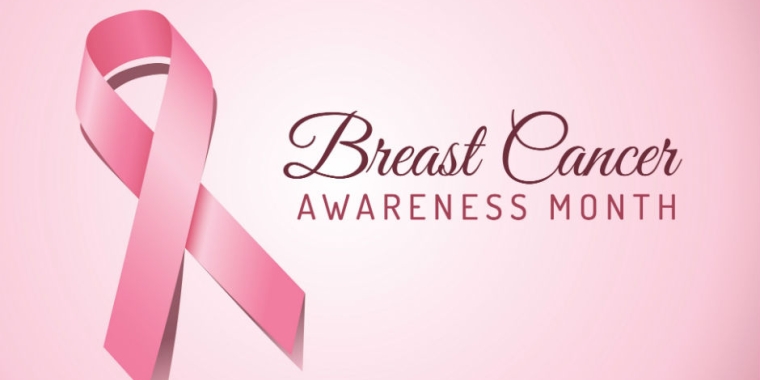
Senator Phillips Votes for New Measures to Fight Drug Abuse
April 24, 2017
-
ISSUE:
- Heroin and Opioid Abuse
Senator Elaine Philips (R-Manhasset) recently voted in favor of several new measures aimed at combating the heroin, opioid and synthetic drug epidemic which is killing people in record numbers on Long Island. The measures address the evolving challenges presented by fentanyl and synthetic drugs, and also help increase coordination among health care personnel to prevent future opioid overdoses and abuse.
The legislation builds on a record $214 million investment, included in the State Budget, to combat the heroin and opioid epidemic through prevention, treatment and recovery services and education.
“Heroin and opioid overdoses killed nearly 500 people on Long Island last year alone, an all-time high. Families in every area of Long Island are affected; no community is immune. We’re taking aggressive, comprehensive action; giving law enforcement stronger tools to combat new and emerging threats, taking steps to prevent drug abuse and increasing support for programs that help stop and prevent addiction, before it’s too late. All of these will help save lives and prevent tragedies,” said Senator Phillips, a member of the Senate’s Task Force on Heroin and Opioid Addiction.
The legislation passed by the Senate adds a number of synthetic and “designer” drug combinations to the controlled substances schedules. These substances include:
- Fentanyl, a strong pain medication often used in anesthesia to prevent surgery-related pain, but which is increasingly being mixed with heroin to make it more powerful;
- Xylazine, a veterinary drug which is being used to enhance the potency of heroin making it so powerful that it can take multiple doses of naloxone to revive an overdose victim;
- Alpha-PVP, also known as “Flakka” or “Gravel,” a designer drug similar to methamphetamine that has been known to cause violent behavior and hallucinations.
- Synthetic marijuana products, which are similar to existing controlled substances but with more dangerous side effects, including hallucinations, vomiting, agitation, increased heart rate, elevated blood pressure and other adverse conditions.
- U-47700, commonly referred to as "Pink," a synthetic opiate that is both an inexpensive drug and reportedly eight times more powerful than heroin.
Legislation was also approved to ban the analog substances of scheduled controlled substances, drugs which mimic existing controlled substances but are slightly different. This would close a loophole which enables criminals to escape prosecution by simply “tweaking” an existing controlled substance.
Additionally, the Senate approved measures which will help promote information sharing to prevent the abuse of prescription and other drugs, among other benefits of health care coordination. These include:
- Requiring hospital and emergency room physicians to notify a patient’s doctor when that patient is being treated for a controlled substances overdose.
- Making it easier for health care practitioners to access and update information about a patient’s prescription history. This would help prevent “doctor shopping,” where addicts go to several different doctors to get opioid prescriptions from each.
The legislation has been sent to the Assembly.
Share this Article or Press Release
Newsroom
Go to NewsroomOctober: Breast Cancer Awareness Month
October 2, 2017


Senator Phillips' Veterans Resource Center
October 1, 2017

